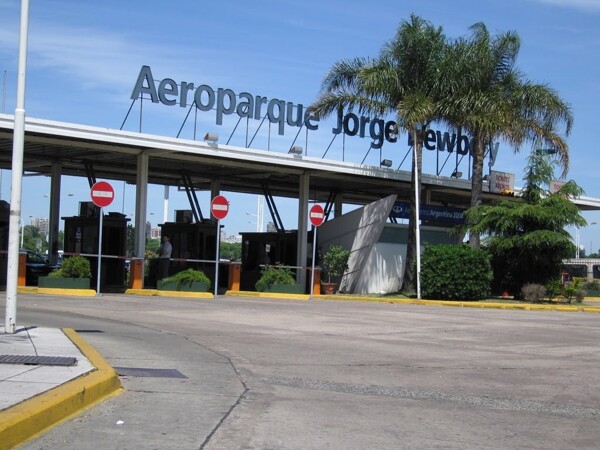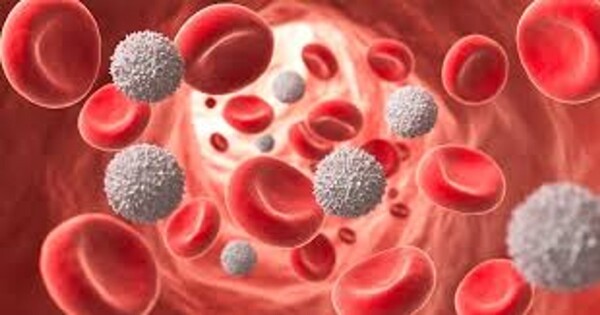
A team from the Faculty of Pharmacy and Biochemistry of the University of Buenos Aires (UBA) is developing a tool using Artificial Intelligence (AI) to predict individual response to chemotherapy and guide the choice of the most suitable treatment, thus avoiding unnecessary exposure to adverse effects without clinical benefit. Although the project is still in the preclinical phase, it has already been awarded the CRIION-Frank Prize for Biomedical Research and aims to predict each patient's response to chemotherapy. Knowing in advance whether a treatment will be effective or not is fundamental, especially to prevent the patient from going through the adverse effects without obtaining the expected clinical benefit, explained Matías Pibuel, biochemist and researcher at UBA and CONICET. Regarding how the tool works, Pibuel detailed: "We receive the patient's sample, we process it with a device that indicates which molecules are expressed in the tumor. Then, using AI, we correlate the expression of these molecules with the possibility that the patient will or will not respond to chemotherapy. Only after three or four sessions is it known if the treatment worked, and that implies a lot of suffering time due to the adverse effects." The impact for patients, according to Pibuel, is twofold: "On the one hand, it avoids unnecessary adverse effects, and on the other, it allows guiding the choice towards a therapy that can indeed offer a clinical benefit. All chemotherapies have adverse effects; if the treatment is going to have them, we seek that it is at least effective. But we consider that it is a methodology totally extrapolatable to other types of tumors," the researcher pointed out. Pibuel also highlighted the relevance of the development: "We believe that this tool is fundamental for the patient. If we know that it will not be, we must look for another alternative." The professionals highlight that what is innovative about this proposal is that "currently there are no techniques that allow predicting the response to therapy, everything is done empirically." The project is also joined by the Faculty of Pharmacy and Biochemistry of UBA, the Tumor Immunology - Extracellular Matrix Laboratory of IDEHU-CONICET and the hospitals Garrahan, del Bicentenario de Esteban Echeverría and El Cruce Dr. Néstor Kirchner.














